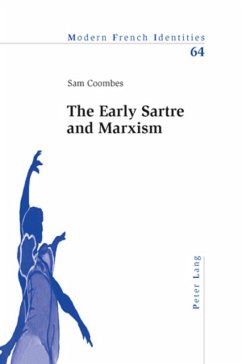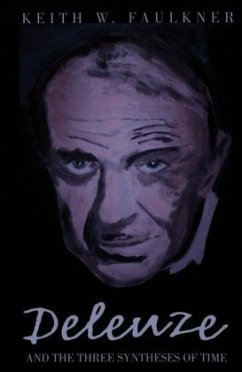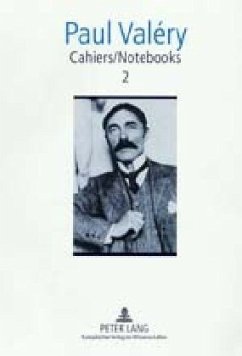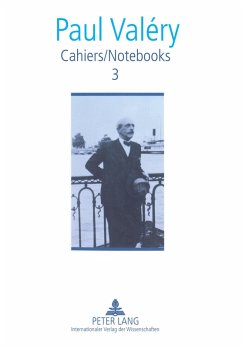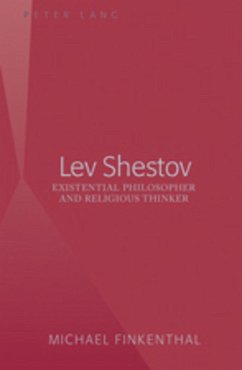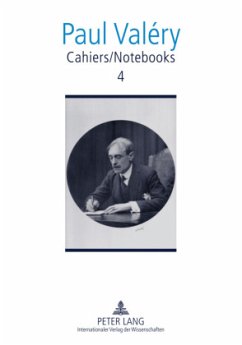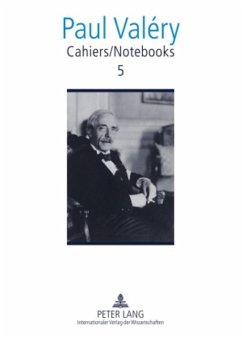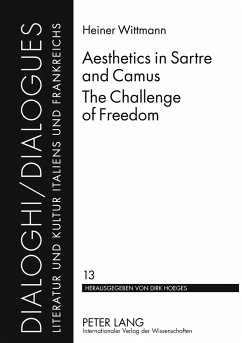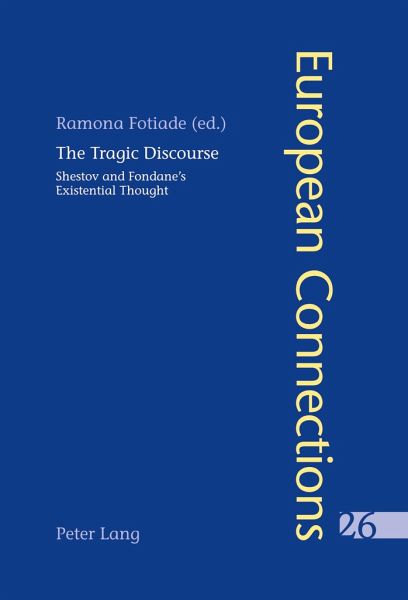
The Tragic Discourse- L'Expérience du tragique
Shestov and Fondane's Existential Thought - La pensée existentielle de Chestov et de Fondane
Herausgegeben: Fotiade, Ramona
Versandkostenfrei!
Versandfertig in 6-10 Tagen
66,95 €
inkl. MwSt.

PAYBACK Punkte
0 °P sammeln!
An influential forerunner of French Existentialism, the Russian-born thinker Lev Shestov (1866-1938) elaborated a radical critique of rationalist knowledge and ethics from the point of view of individual human existence. Best known for his ground-breaking comparative studies of Tolstoy and Nietzsche, and of Dostoevsky and Nietzsche, Shestov defined his conception as the 'philosophy of tragedy'. Shestov's philosophical hermeneutics of the literary work of art was later developed and disseminated through the writings of his disciple, the Romanian-born Benjamin Fondane (1898-1944), who was also a...
An influential forerunner of French Existentialism, the Russian-born thinker Lev Shestov (1866-1938) elaborated a radical critique of rationalist knowledge and ethics from the point of view of individual human existence. Best known for his ground-breaking comparative studies of Tolstoy and Nietzsche, and of Dostoevsky and Nietzsche, Shestov defined his conception as the 'philosophy of tragedy'. Shestov's philosophical hermeneutics of the literary work of art was later developed and disseminated through the writings of his disciple, the Romanian-born Benjamin Fondane (1898-1944), who was also a poet, filmmaker and playwright. The two authors provided one of the earliest and most consistent critical accounts of Husserlian phenomenology in France. 'The philosophy of tragedy' and its associated notions of 'revolt' and existential truth had a lasting impact on a number of prominent writers and philosophers including Georges Bataille, André Gide, André Malraux, Albert Camus and Emmanuel Lévinas.
Précurseur influent de l'Existentialisme, le philosophe d'origine russe, Léon Chestov a élaboré une critique radicale de la connaissance rationnelle et de l'éthique du point de vue de l'existence individuelle. Connu en particulier pour l'originalité de ses études comparatives sur Tolstoi et Nietzsche, et sur Dostoïevski et Nietzsche, Chestov a défini sa conception comme une 'philosophie de la tragédie'. L'herméneutique philosophique de l'oeuvre littéraire chez Chestov a été ultérieurement developpée et disséminée à travers les écrits de son disciple d'origine roumaine, Benjamin Fondane, philosophe, mais aussi poète, cinéaste et homme de théâtre. Les deux auteurs ont élaboré une des premières et des plus cohérentes critiques de la phénoménologie d'Husserl en France. La " philosophie de la tragédie " et les notions qui y sont associées, en particulier celle de " révolte " et de vérité existentielle, ont exercé une influence durable sur nombre d'écrivains et des philosophes réputés, dont Georges Bataille, André Gide, André Malraux, Albert Camus et Emmanuel Lévinas.
Précurseur influent de l'Existentialisme, le philosophe d'origine russe, Léon Chestov a élaboré une critique radicale de la connaissance rationnelle et de l'éthique du point de vue de l'existence individuelle. Connu en particulier pour l'originalité de ses études comparatives sur Tolstoi et Nietzsche, et sur Dostoïevski et Nietzsche, Chestov a défini sa conception comme une 'philosophie de la tragédie'. L'herméneutique philosophique de l'oeuvre littéraire chez Chestov a été ultérieurement developpée et disséminée à travers les écrits de son disciple d'origine roumaine, Benjamin Fondane, philosophe, mais aussi poète, cinéaste et homme de théâtre. Les deux auteurs ont élaboré une des premières et des plus cohérentes critiques de la phénoménologie d'Husserl en France. La " philosophie de la tragédie " et les notions qui y sont associées, en particulier celle de " révolte " et de vérité existentielle, ont exercé une influence durable sur nombre d'écrivains et des philosophes réputés, dont Georges Bataille, André Gide, André Malraux, Albert Camus et Emmanuel Lévinas.





